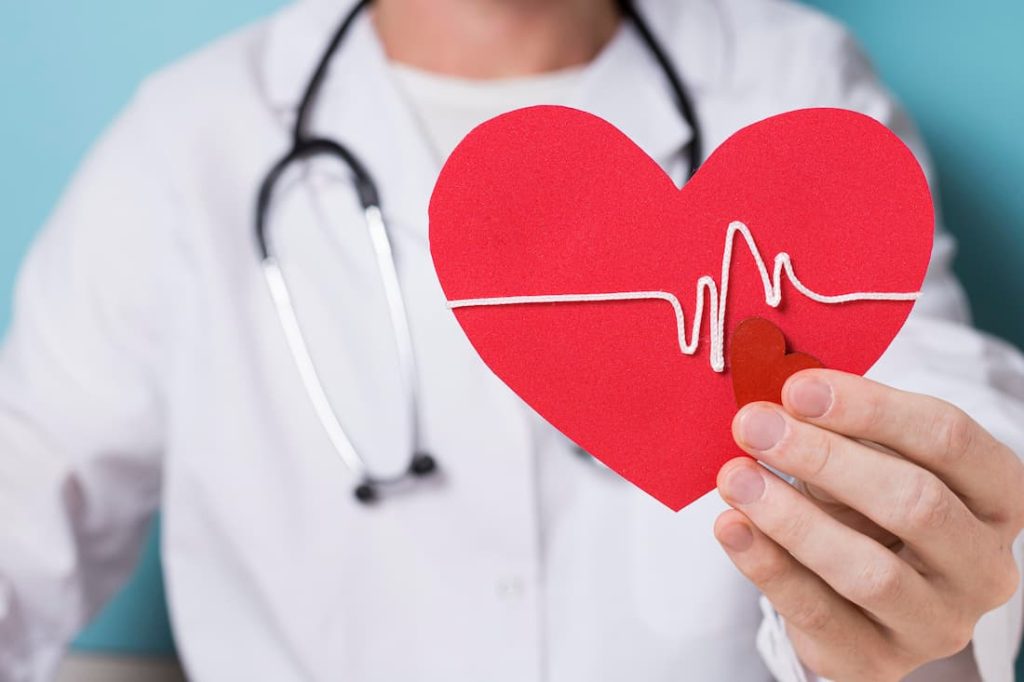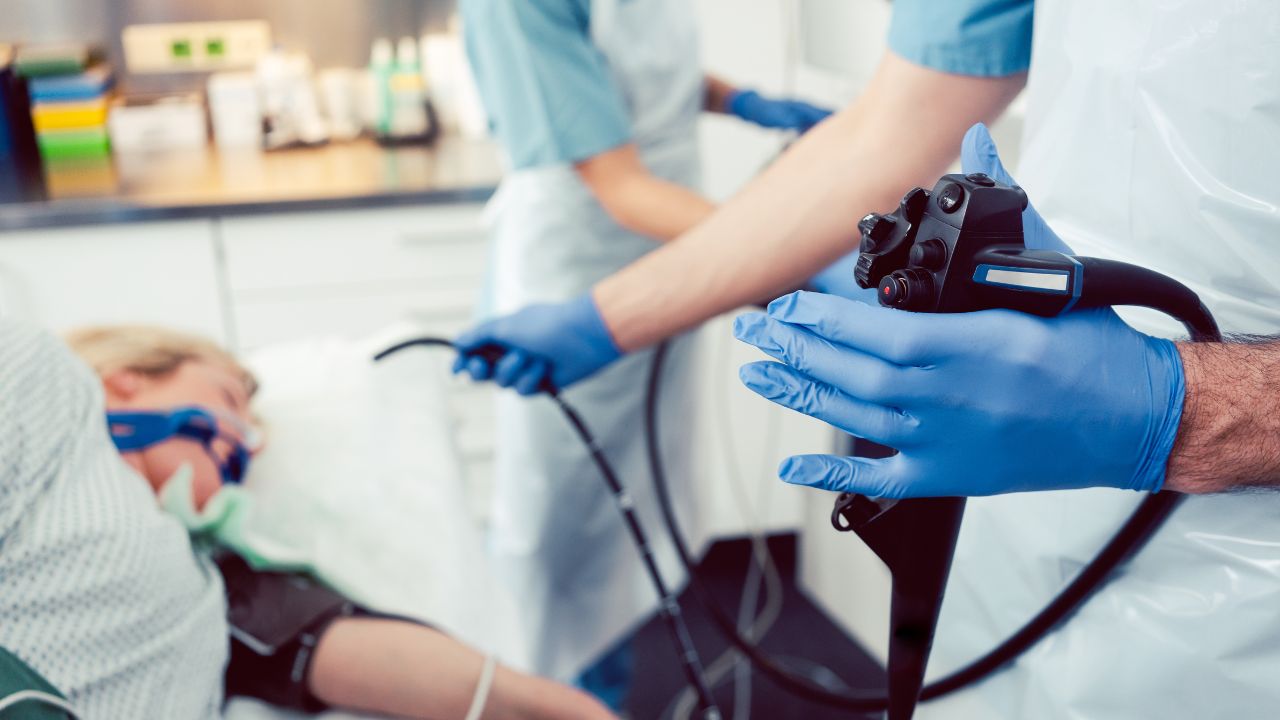This blog explores the role of cutting-edge technology in cardiovascular care, highlighting how Heart Specialist in Chandigarh are at the forefront of these innovations. From advanced diagnostic tools to minimally invasive surgeries, technology is revolutionizing cardiology and providing patients with better, faster, and more accurate care.
The Importance of Advanced Cardiac Care
The heart is a complex organ, and treating heart-related issues requires precision, expertise, and often, the use of sophisticated technology. Heart specialists, also known as cardiologists, focus on diagnosing, treating, and preventing conditions related to the heart and blood vessels. These conditions range from common issues like hypertension and arrhythmias to more severe cases like heart attacks and heart failure.
Given the critical nature of heart diseases, early diagnosis and effective treatment are paramount. This is where technology comes into play. With advancements in medical technology, Cardiology Hospital in Zirakpur can now detect heart conditions earlier, monitor patients more effectively, and offer treatments that are less invasive and more successful.
1. Advanced Diagnostic Tools
Accurate diagnosis is the first step toward effective treatment. In the field of cardiology, advanced diagnostic tools have made it easier to detect heart conditions at an early stage. Some of the cutting-edge diagnostic technologies used by heart specialist hospital in zirakpur include:
a. Echocardiography
Echocardiography is an imaging technique that uses ultrasound waves to create detailed images of the heart’s structure and function. It allows cardiologists to assess the size and shape of the heart, detect any abnormalities, and evaluate how well the heart is pumping blood. Advanced echocardiography, such as 3D and 4D imaging, provides even more precise information, helping doctors make more accurate diagnoses.
b. Cardiac MRI and CT Scans
Magnetic Resonance Imaging (MRI) and Computed Tomography (CT) scans offer high-resolution images of the heart and blood vessels. These imaging modalities are particularly useful for diagnosing complex conditions like congenital heart defects, coronary artery disease, and cardiomyopathies. Best Hospital in Chandigarh use these tools to get a detailed view of the heart’s anatomy and plan appropriate treatment strategies.
c. Nuclear Cardiology
Nuclear cardiology involves the use of radioactive substances to assess heart function and blood flow. Techniques like Single Photon Emission Computed Tomography (SPECT) and Positron Emission Tomography (PET) scans help in evaluating the heart’s blood supply and detecting areas of reduced blood flow, which may indicate coronary artery disease or previous heart attacks.
d. Holter Monitoring and Event Recorders
Holter monitors and event recorders are wearable devices that continuously record the heart’s electrical activity over an extended period. They are particularly useful for diagnosing arrhythmias, which may not be detected during a standard ECG. Best Cardiologist in Rajpura use these devices to monitor patients’ heart rhythms and identify any irregularities that could lead to serious complications.
2. Minimally Invasive Surgical Techniques
Traditional open-heart surgery, while effective, often involves significant risks, longer recovery times, and higher chances of complications. Minimally invasive techniques have revolutionized cardiac surgery, allowing heart specialists to perform complex procedures with smaller incisions, less pain, and quicker recovery.
a. Transcatheter Aortic Valve Replacement (TAVR)
TAVR is a minimally invasive procedure used to replace a narrowed aortic valve without the need for open-heart surgery. In this procedure, a new valve is inserted through a catheter and positioned inside the diseased valve. TAVR has become a game-changer for patients who are at high risk for traditional surgery, providing a safer alternative with excellent outcomes.
b. Percutaneous Coronary Intervention (PCI)
Also known as angioplasty, PCI is a procedure that opens up narrowed or blocked coronary arteries using a balloon catheter. A stent is often placed to keep the artery open. PCI is commonly used to treat heart attacks and angina, and it has significantly reduced the need for open-heart surgery in patients with coronary artery disease.
c. Minimally Invasive Coronary Artery Bypass Grafting (CABG)
For patients who require coronary artery bypass surgery, minimally invasive CABG offers a less invasive option compared to traditional open-heart surgery. This technique involves smaller incisions and less disruption to the chest wall, leading to faster recovery times and fewer complications.
3. Artificial Intelligence (AI) and Machine Learning
Artificial intelligence and machine learning are transforming the field of cardiology by providing tools that can analyze vast amounts of data, identify patterns, and make predictions. These technologies are being used in various ways to improve patient outcomes.
a. AI in Diagnosis
AI algorithms can analyze medical images, ECGs, and other diagnostic data with remarkable accuracy, often identifying abnormalities that may be missed by the human eye. In Chandigarh, heart specialists are using AI-powered tools to enhance their diagnostic capabilities and ensure that patients receive the most accurate diagnoses possible.
b. Predictive Analytics
Machine learning models can predict the likelihood of future cardiovascular events, such as heart attacks or strokes, based on a patient’s medical history and risk factors. These predictions allow heart specialists to intervene early and implement preventive measures, reducing the risk of adverse outcomes.
c. Personalized Treatment Plans
AI can also help create personalized treatment plans by analyzing data from multiple sources, including genetic information, lifestyle factors, and treatment outcomes. This approach ensures that patients receive the most effective therapies tailored to their unique needs.
4. Telemedicine
Telemedicine has gained significant traction, especially during the COVID-19 pandemic. It allows heart specialists to consult with patients remotely, reducing the need for in-person visits and making healthcare more accessible.
a. Virtual Consultations
Through virtual consultations, Best Cardiologist in Chandigarh can assess patients’ symptoms, review test results, and provide treatment recommendations without requiring the patient to travel to the clinic or hospital. This is particularly beneficial for patients who live in remote areas or have mobility issues.
b. Follow-Up Care
Telemedicine is also useful for follow-up care, allowing heart specialists to monitor patients’ progress after surgery or treatment and adjust their care plans as needed. This continuous care model improves patient outcomes and ensures that any complications are addressed promptly.
5. Robotic Surgery
Robotic-assisted surgery is another technological advancement that is making waves in the field of cardiology. Robotic systems allow heart specialists to perform complex procedures with greater precision and control than traditional methods.
a. Da Vinci Surgical System
One of the most well-known robotic systems is the Da Vinci Surgical System, which is used for a variety of cardiac procedures. The system provides the surgeon with a high-definition, 3D view of the surgical site and allows for precise movements of the surgical instruments. This results in smaller incisions, less blood loss, and faster recovery times for patients.
b. Benefits of Robotic Surgery
Robotic surgery offers numerous benefits, including reduced pain, shorter hospital stays, and lower risk of complications. In Chandigarh, several hospitals are equipped with robotic surgery systems, and heart specialists trained in their use are providing patients with state-of-the-art care.
Conclusion
The field of cardiology is constantly evolving, with new technologies and innovations improving the way heart specialists diagnose, treat, and manage cardiovascular conditions. In Chandigarh, heart specialists are at the forefront of these advancements, using cutting-edge tools and techniques to enhance patient outcomes.
From advanced diagnostic imaging to minimally invasive surgeries, wearable technology, AI, and telemedicine, these innovations are transforming the way heart care is delivered. Patients in Chandigarh have access to some of the best cardiac care in the country, thanks to the dedication and expertise of their heart specialists.
As technology continues to advance, the future of cardiology looks even more promising. With continued investment in research and development, heart specialists in Chandigarh will continue to improve patient outcomes, providing high-quality care that saves lives and enhances quality of life.
If you’re looking for the best heart specialist in Chandigarh, consider a specialist who is not only experienced but also embraces the latest technological advancements to offer you the best possible care. Your heart deserves nothing less.





